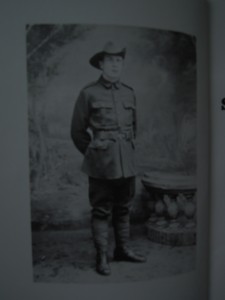The failure of socialist republicanism in the Irish revolution and its aftermath - Part 11

The Starry Plough flag of the Irish Citizen Army (from History Ireland ). CONTINUED FROM PREVIOUS POST . Conclusion From the evidence of the above accounts, it seems likely that, in an Ireland where the influence of the Roman Catholic Church and clergy was profound, there was – at the very least – a wariness or suspicion of socialist ideology. The Church’s warnings against the evils of socialism were certainly more serious than any similar misgivings it may have had in regard to nationalism. Furthermore, if Kevin O’Shiel’s account is to be believed, nationalism was the one creed capable of exerting a stronger pull on the Irish people than that of the Catholic Church. To this extent, it would seem that the first interpretation of the failure of the socialist republican movement is the correct one – the people of Ireland were simply not ready to embrace any movement that espoused radical socialist ideas. The other aspect of that interpretation is the notion that radica...



